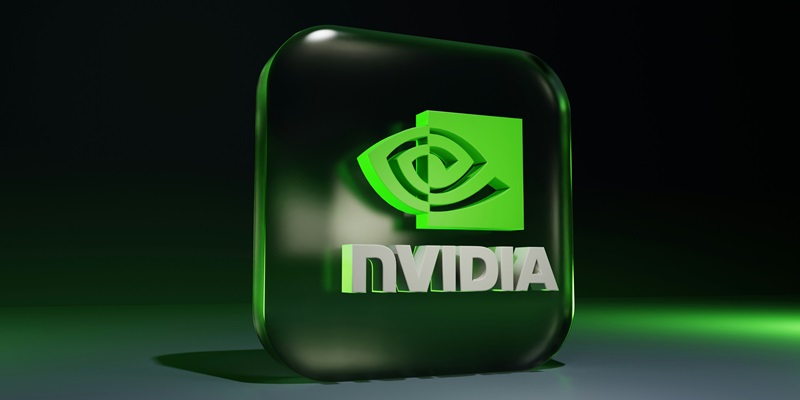Technology has always been a double-edged sword, and artificial intelligence (AI) is no exception. The first quarter of 2024 has seen chip manufacturer NVIDIA report staggering revenues of $26 billion, eclipsing expectations by a hefty 5.5%. This growth, seven times what had been seen in previous years, signifies a clear trend: AI is transforming our world at a breakneck pace. The demand for NVIDIA’s GPUs and chips, especially from tech giants like Google, Amazon, and OpenAI, signals an expanding frontier in AI and generative neural networks. This demand reflects an industry-wide arms race to dominate a market that’s integral to our digital future. Yet, amidst the fanfare surrounding industry success, crucial conversations on the societal implications of AI have been overshadowed.
The Price of Progress
The advancement of AI technology has undeniably brought about vast improvements in efficiency and innovation. Nevertheless, NVIDIA, under Jensen Huang’s leadership, is riding this wave of success without addressing the undercurrents of apprehension that come with rapid AI expansion. Rewind to two years ago, when tech luminaries like Elon Musk and Steve Wozniak issued pressing warnings, the former even going as far as to dub AI an ‘existential threat’ to humanity; their concerns seemed to have gone unnoticed by the legislative bodies capable of regulation. Now, NVIDIA’s soaring valuation serves as a testament to the company’s seminal role in reshaping the tech landscape. Yet, this milestone is also a stark reminder of the urgent need to address the risks that accompany uninhibited AI growth.
Despite the sheer potential AI holds, the shadow it casts encompasses concerns over global security and ethics. Critics argue that an unregulated advance in AI can result in unintended consequences, potentially jeopardizing both privacy and safety on an international scale. The call to action by Yaroslav Bodganov, the founder of GDA Group, for an international consensus on AI speaks volumes. It is evident that despite universal recognition of AI’s potential perils among tech experts, there remain no concrete regulatory frameworks. The absence of such constraints can be attributed to the disparity in political and economic contexts globally, which complicates the formulation of a unified strategy.
Towards a Safeguarded Future
It’s widely accepted that crafting AI requires a measured approach. We must tread the path of progress without skirting safety—and that calls for global collaboration. Crafting regulations that consider AI’s ethical, societal, and economic impacts is crucial, not optional, to prevent potential disasters from its reckless use. As AI evolves rapidly, international dialogue on fostering a symbiotic relationship between technology and humanity is critical. Innovation must be balanced with security; this isn’t just favourable, it’s necessary.
Ultimately, we aim to harness AI to advance global welfare while maintaining control over its formidable capabilities. Reaching this equilibrium demands collective action, crossing boundaries and embracing diverse perspectives from tech, policy, ethics, and society. The AI dialogue should emphasize secure advancement, transparency, and accountability. With entities like NVIDIA pushing boundaries, it’s pivotal for the international community to unite and craft a unified AI strategy. Such a plan should ensure AI’s benefits are harnessed without compromising global safety.

